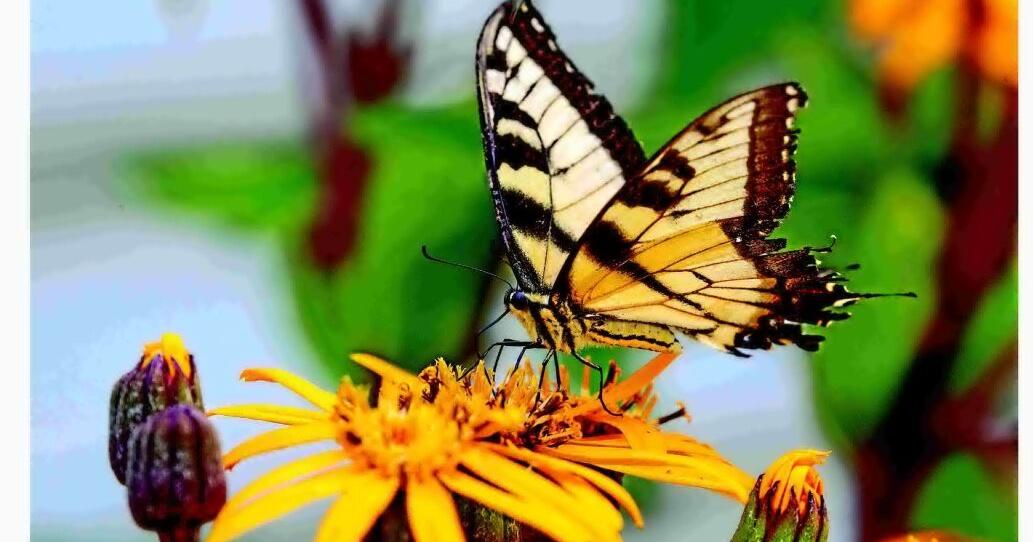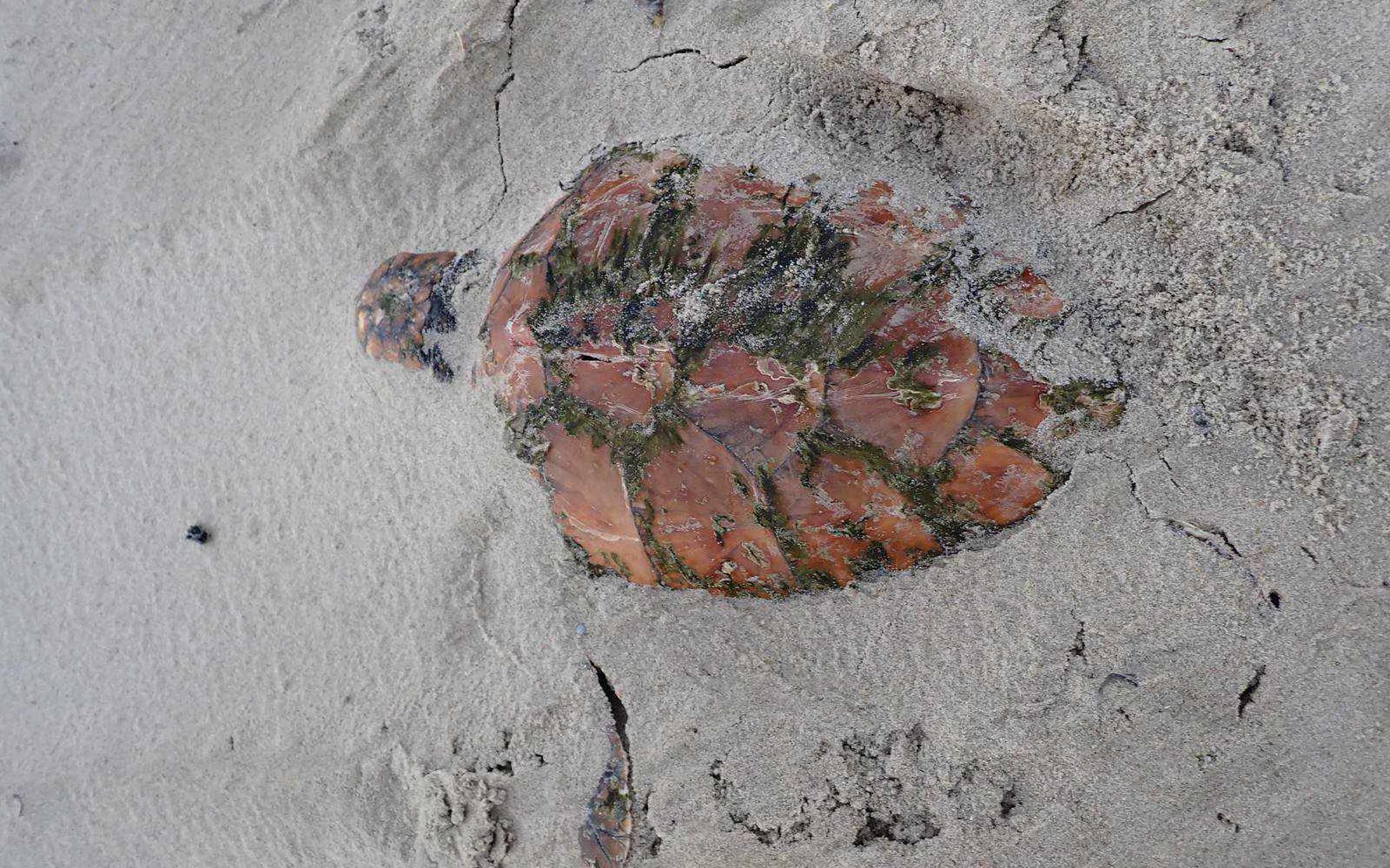
OUTDOORS Tax season provides an opportunity for Nebraskans to contribute to wildlife and habitat conservation. When filling out your taxes this year, consider donating a portion of your tax refund to the Nebraska Wildlife Conservation Fund. The fund focuses on saving Nebraska's wildlife and wild places.
We all benefit from providing the non-game species as well as the endangered species in our state with what they need to survive by being able to see them in the wild. Hunters, anglers and trappers have supported the conservation of game and furbearing species since the early 1900s. But what about funding for non-game wildlife and those species considered endangered or threatened, how are they managed, conserved and who supports them financially? As hunters and sportsmen and women our money spent on supplies for our sport has a percentage that supports game animals, their conservation, habitat to live in, etc.
The check-off is a way every person can contribute funding for our non-game wildlife species in our state. Non-game species More than 2,000 species of birds, mammals, fish, reptiles, amphibians and plants are considered non-game species in Nebraska. They are species that are not hunted, trapped or fished — these constitute over 95% of all species in Nebraska.
Species such as hawks and herons, bats and brown snakes, turtles, flying squirrels and prairie flowers are all non-game. In addition, tens of thousands of invertebrates, like beetles and butterflies, also fall under the non-game category. Some of these species are endangered or on the brink of extinction.
Others are declining or likely to become endangered within the foreseeable future. The Wildlife Conservation Fund is the state's primary source of funding for monitoring, researching, managing and conserving such spectacular species as the whooping crane, swift fox, river otter, western prairie fringed orchid, and blowout penstemon. By supporting the nongame fund with a tax-deductible donation, you are taking an active part in conserving our state's diverse wildlife for future generations.
Nebraska's great variety of wildlife and wild plants, along with the forests, grasslands and wetlands they inhabit, represent a natural heritage that we should all consider priceless and irreplaceable. Wildlife Conservation Fund projects help those species considered nongame, or those that are not hunted or fished. Donated dollars have big impact as Wildlife Conservation Fund dollars are matched with other grants, so a dollar donated becomes $4 for helping wildlife.
The Wildlife Conservation Fund makes many types of projects possible; some of the projects include: Improving habitat across Nebraska for our at-risk species while keeping common species common by funding projects such as prairie restorations and invasive species removal. ■ Preventing future endangered species listings by funding reintroduction projects such as the now thriving peregrine falcon, by funding research to ensure efficient conservation such as bat and pollinator population surveys and reptile research. ■ Education Projects such as Project BEAK (Bird Education Awareness for Kids) that targets grade school children about ecological principles such as habitat, Nebraska's birds and adaptation.
■ Connecting Wildlife and Nebraskans through projects like wild cams for the peregrine falcon, kestrel and least tern where people can watch these spectacular bird species on video. A check for wildlife Funding generated through the check-off is vital; without it, programs for non-game and endangered wildlife would not be possible. If we all donated just $1, think of the possibilities for the future of our state's wildlife we could help generate.
Efforts to protect threatened and endangered species and their habitats have a hard time succeeding without our support. You can donate any amount of your refund to the Wildlife Conser-vation Fund. For those not entitled to a state tax refund, contributions can be made via the commission's web site listed below or by mail to Nebraska Wildlife Conservation Fund, Nebraska Game and Parks Commission, P.
O. Box 30370, Lincoln, NE 68503-0370. For more information on the Nebraska Wildlife Conservation Fund, visit outdoornebraska.
gov and search for "wildlife conservation fund." Conservation license plates In January of 2021, Game and Parks created new specialty license plates available at the Nebraska Department of Motor Vehicles. These funds support conservation of Nebraska's at-risk, threatened and endangered species, trail maintenance in Nebraska's state parks and youth education programs relating to Nebraska wildlife conservation practices.
Plate designs that benefit the Wildlife Conservation Fund include bighorn sheep, sandhill crane and ornate box turtle. The fund supports conservation of at-risk, threatened and endangered species in Nebraska. Wildlife Conservation Fund dollars are matched with other grants, so a dollar donated becomes $4 for helping wildlife.
Bike/Walk Nebraska A new trail-themed plate championed by Bike/Walk Nebraska will benefit state parks' trails maintenance. Nebraska has hundreds of miles of trails, including hiking, biking, horseback riding, snowmobiling, cross country skiing and water trails. Mountain lion conservation plates Mountain lion conservation plates, introduced in 2016, benefit the Game and Parks education fund.
The fund receives a portion of the plate's fees to provide youth education programs relating to wildlife conservation practices. Each plate will be $5 or $40 for a specialty plate. The entire $5 fee goes directly to the Wildlife Conservation Fund, Game and Parks State Park Improvement and Maintenance Fund or Game amd Parks Commission Education Fund.
Of the $40 fee, $30 goes to the conservation fund and $10 goes to the DMV Cash Fund. Get local news delivered to your inbox!.









